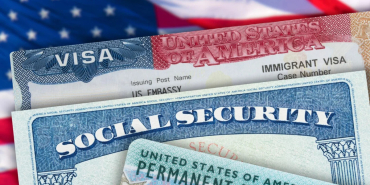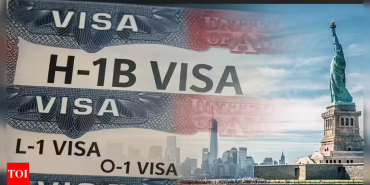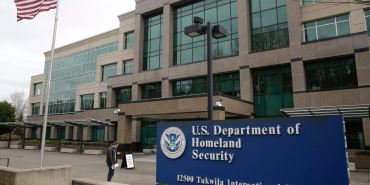US Universities Scramble After Thousands of Student Visas Revoked Unexpectedly

A recent surge in visa revocations and policy modifications is creating apprehension among international students pursuing higher education in the United States, prompting concerns about their legal status, academic stability, and economic contributions.
The changes have created a climate of uncertainty, forcing many students to reconsider travel plans and prompting universities to scramble for answers and guidance. Over the past few months, a growing number of international students have been affected by unforeseen visa revocations and alterations, which have led to anxieties at academic institutions nationwide. Previously, visa cancellations meant a student could remain in the US but would be unable to reenter if they left.
However, under the revised interpretation of immigration law, students whose visas have been revoked may be compelled to exit the country immediately, regardless of their enrollment status. This new enforcement stance has generated substantial uncertainty, compelling numerous students to reassess their plans to visit family or attend academic events abroad.
In March, over 1,200 international students from nearly 200 US universities experienced unexpected visa status revocations. Subsequently, immigration authorities acknowledged the removal of nearly 4,800 student visa records from federal databases that track residency eligibility. While the full extent of the issue remains unclear, the numbers suggest widespread upheaval.
These policy shifts have already had tangible effects. Many students are taking drastic precautions, cancelling previously booked trips or choosing to remain in the country indefinitely rather than risk being barred from returning. Summer travel, once a routine opportunity for international students to reunite with family, has become fraught with risk. Even domestic travel within the US has become a source of anxiety, as students worry that routine immigration checks could result in deportation or legal complications.
University administrators have responded by issuing advisories urging students to avoid travel unless absolutely necessary. However, with information on policy enforcement scarce and often inconsistent, schools themselves are struggling to provide concrete answers. The uncertainty is not just a personal burden but also threatens broader academic stability and economic contributions. The US has historically been the leading destination for international students, hosting more than 1.1 million foreign enrollees in the past academic year.
These students often pay full tuition and significantly contribute to local economies through housing, transportation, and consumer spending. Immigration lawyers report a spike in consultations from students and scholars desperate for clarity, fearful of reentry restrictions or unexpected documentation invalidation. Some individuals have withdrawn from study programs entirely, opting for alternative destinations like Canada, Australia, or Germany, where immigration policies are perceived to be more predictable.
The uncertainty surrounding international student visas is not just a personal burden but also threatens broader academic stability and economic contributions. American institutions have long been regarded as global leaders in education, attracting top talent from around the world. However, the unpredictability surrounding visa enforcement has created an atmosphere of apprehension, prompting some prospective students to reconsider their applications altogether.
Many international students have missed family events, weddings, and medical emergencies, choosing to remain in the US rather than risk travel. The psychological strain of navigating such uncertainty has taken a toll, leaving students feeling vulnerable and unsupported. Universities are being forced to reevaluate their administrative approach, prioritising policy updates, emergency legal resources, and appeals for clarity from federal agencies.
Institutional leaders worry that students are being penalised for factors beyond their control, such as government system errors, retroactive policy interpretations, or inconsistencies in enforcement. If immigration enforcement remains unpredictable, global students may increasingly opt for alternative countries that offer transparent visa policies, clear renewal procedures, and post-study work opportunities.








Add new comment